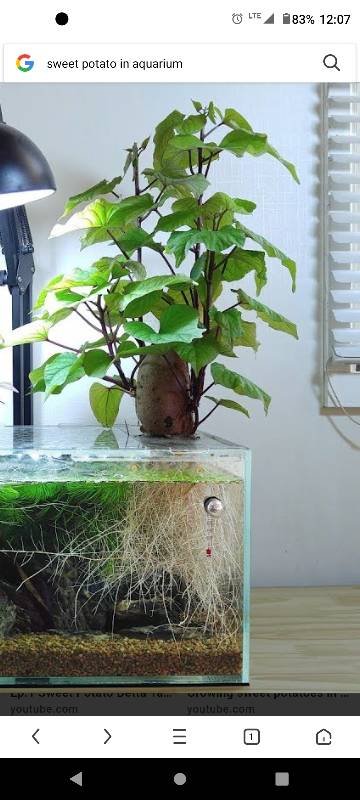There are are many reports of aquariums with high rates of nitrate with no bad effects.
So, what are we to believe?
There are lots of reports of people claiming their fish are doing well because they keep them alive for 6 months. I used to have customers coming into the shop thinking they were doing well because their neon tetras lived for 6 months before dying. When I told them neons can live for 4-5 years they went "oh".
I have seen plenty of tanks that didn't get sufficient water changes and had high nitrates and a lower than adequate pH. The fish in these tanks slowly died off over the course of a year and the owners thought it was natural courses. It wasn't.
If people add fish to tanks that have a high nitrate level, the majority of those new fish die within a very short space of time.
-----------------
I recommend keeping nitrates as low as possible and under 20ppm because this is the number I was given decades ago when it came to keeping invertebrates alive in marine tanks. Most corals, anemones, shrimp, crabs, clams, etc, die if the nitrates go above 20ppm. If they don't die, they are severely stressed and weakened due to the high levels. The same applies to freshwater fishes and invertebrates. You might have some shrimp that live in water with 30-40ppm nitrate, but they would do better with no or low nitrates.
Nitrates don't naturally occur in clean waterways. Fish didn't evolve to deal with them. Just because fish and shrimp can survive for periods of time in water with high nitrates, doesn't mean they should be forced to.
Do you enjoy being forced to live in a polluted city and breath in smog all the time? Probably not. We can live in cities like this for years and seem alright. But we are poisoning ourselves and shortening our lives. Why do you think cancer is so common now. Going back 100 years ago cancer was almost unheard of. Now 1 in 3 people will get it.
Most aquarium fishes will live a lot longer than they do in the average aquarium if conditions are good. Freshwater angelfish, Corydoras and bigger species of rainbowfish can live for 10 years. Betta splendens used to live for 5-6 years. Lots of fishes die prematurely in aquariums and most of the time it is stress related, and that stress is usually associated with poor water quality and a dirty tank.
If you want your fish and other aquatic pets to live the maximum amount of time, try to keep nitrates as close to 0ppm as possible, and under 20ppm at all times.


